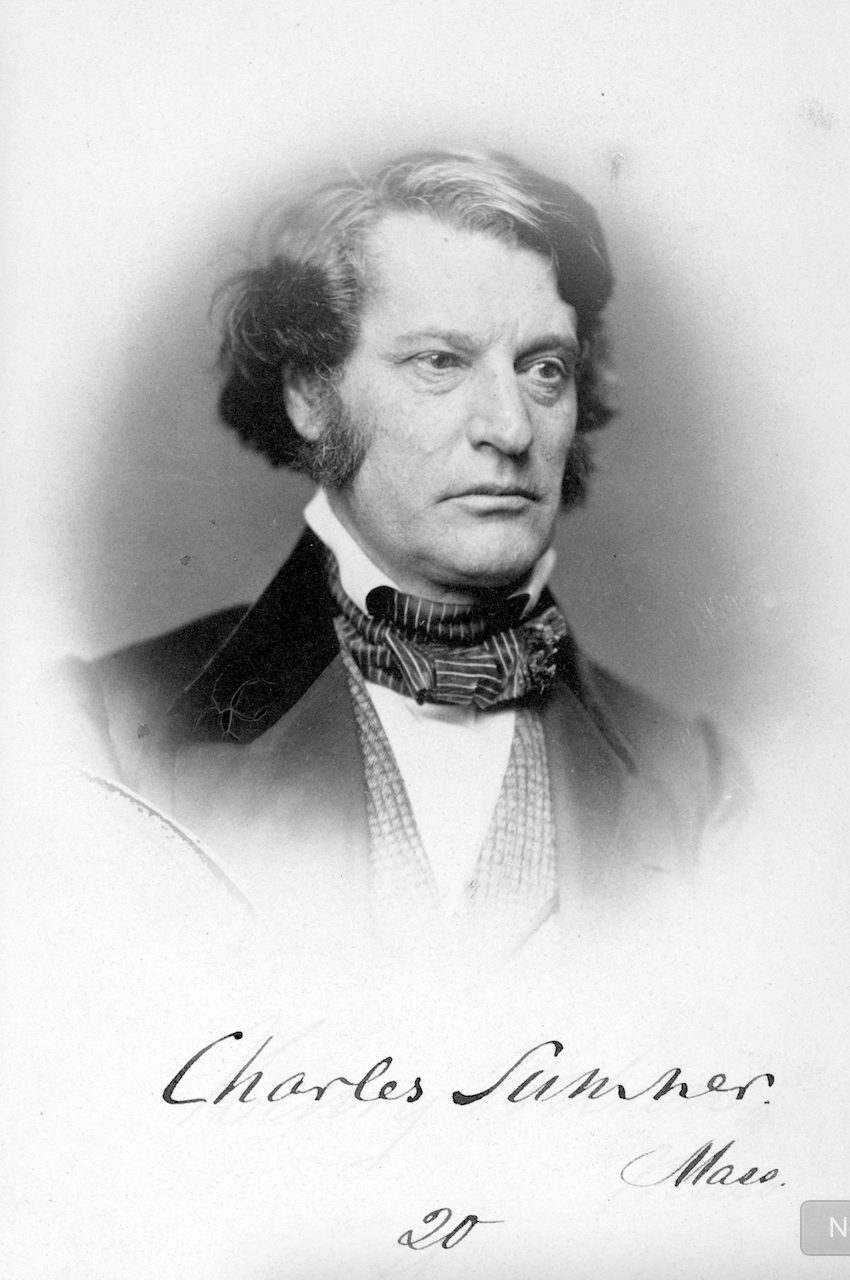(Excerpted from THE GREAT ABOLITIONIST: Charles Sumner and the Fight for a More Perfect Union)
Christmas Day, 1863, Washington, D.C.
With his mother and sister miles away, and other Washington acquaintances otherwise occupied, Charles Sumner spent Christmas in the nation’s capital in a contemplative and selfless way, unusual for him during the heat of political battle but perhaps expected as he struggled with the recent death of his brother and his own deep loneliness.
He visited the wounded in nearby army hospitals.
Sumner does not identify precisely which of the more than fifty hastily constructed hospitals in Washington he visited, but from his descriptions, it appears he toured the Lincoln General Hospital on the corner of East Capitol and 15th Street, and the more well-known Armory Square Hospital on the national mall in the shadow of the U.S. Capitol building, whose new dome, capped by the statue of freedom, had been completed only weeks earlier.
Wounded, sick, and suffering Union soldiers made up the overwhelming majority of patients, but Sumner also visited a rebel ward that housed about eighty bedridden soldiers. While the Confederates were treated “precisely like our own soldiers,” Sumner conceded that he had “never before noticed so great a contrast in . . . human beings.” Union soldiers, even in their suffering, appeared reasonably content to Sumner, or at least quietly resigned to their fates, but “the rebels seemed in a different scale of existence . . . mostly rough, ignorant, brutal, scowling.” Sumner talked with several Confederates, inquired about their health, offered his best wishes that they enjoy their holiday meal, and in many cases “softened them into a smile.” Still, Sumner admitted, “when they knew who I was they seemed uncertain whether to scowl extra or be civil.”
Convalescing Confederates may have been agitated when they learned of Sumner’s identity, but as the congressional session got underway in late 1863 and moved into 1864, Sumner felt a sense of calm about the state of the nation, perhaps another reason he decided to visit army hospitals on Christmas. Recent Union victories and shifting political attitudes convinced Sumner that it was simply a matter of time before the United States prevailed and slavery was abolished forever.
“The result is certain—sooner or later,” he said.

 Charles Sumner
Charles Sumner